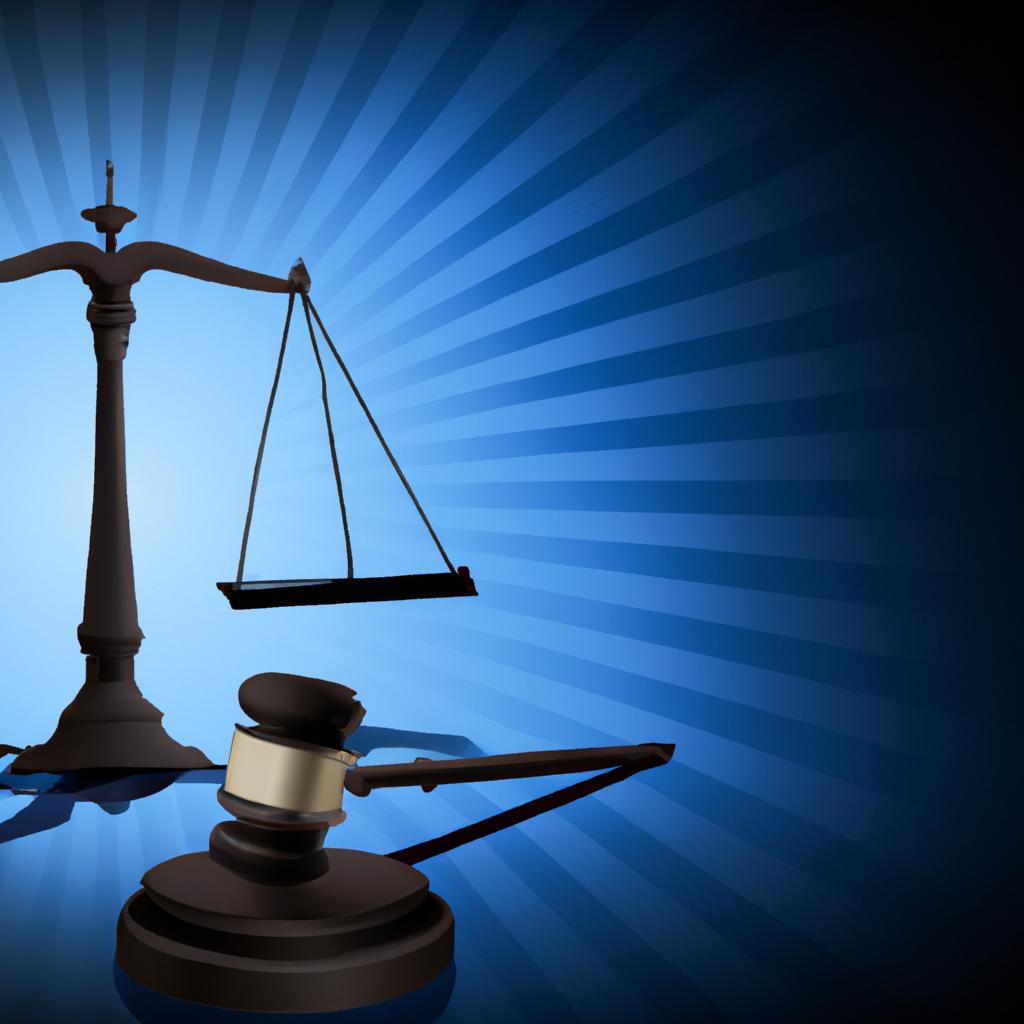In the intricate web of familial relationships and financial responsibilities, one often overlooked question arises: is a child responsible for their parents’ debt? As experienced legal professionals at Morgan Legal Group in New York City, we navigate the complexities of estate planning, probate, elder law, Wills, and trusts with precision and expertise. Join us as we delve into this controversial topic with a neutral stance, shedding light on the legal nuances surrounding a child’s potential liability for their parents’ debts.
Understanding Filial Responsibility Laws
Many individuals are unaware of the legal obligations imposed by filial responsibility laws. These laws, enacted in some states in the United States, require adult children to provide financial support for their indigent parents. The question of whether a child is responsible for their parents’ debts often arises in cases where the parents are unable to pay for their medical expenses or long-term care.
<p>It is essential to understand that filial responsibility laws can vary significantly from state to state. While not all states have filial responsibility laws, those that do typically outline specific circumstances under which adult children may be held accountable for their parents' debts. If you are concerned about your potential financial obligations under filial responsibility laws, it is crucial to seek legal advice from an experienced attorney.</p>
Factors that Determine a Child’s Liability for Parental Debt
When it comes to determining a child’s liability for parental debt, there are several factors that come into play. It is important to understand that each situation is unique and may be subject to different laws depending on the jurisdiction. Here are some key factors that can influence whether a child is responsible for their parent’s debt:
**Family Law**: In some cases, family law statutes may hold children responsible for their parent’s debts, especially if the child was a co-signer on the debt or benefited from the debt in some way.

Legal Ramifications of Failing to Pay Parents’ Debts
When a parent passes away with outstanding debts, it is natural for their children to wonder if they will be held responsible for those debts. In most cases, the answer is no, as children are not typically responsible for the debts of their parents. However, there are certain situations where children may be required to pay off their parents’ debts, such as:
- Co-signing on loans or credit accounts with your parents
- Inheriting assets that are used to pay off debts
- Being a legal guardian of a parent who has incurred medical bills
It is important for children to be aware of their rights and responsibilities when it comes to their parents’ debts. Seeking legal guidance from an experienced estate planning attorney can help ensure that you understand all of the potential legal ramifications and options available to you.

Recommendations for Protecting Yourself from Filial Responsibility Laws
When it comes to protecting yourself from filial responsibility laws, it’s important to take proactive steps to safeguard your assets and financial well-being. One key recommendation is to consult with an experienced estate planning attorney to create a comprehensive plan that addresses potential filial responsibility obligations. By establishing legal documents such as trusts and powers of attorney, you can help shield your assets from being used to pay for your parents’ debts.
Another crucial step is to stay informed about your state’s specific filial responsibility laws, as these regulations can vary widely. Understanding your rights and obligations under these laws can help you make informed decisions about how to protect yourself financially. Additionally, maintaining open communication with your parents about their financial situation and potential long-term care needs can help you plan ahead and avoid unexpected financial burdens in the future.
Q&A
Q: Can a child be held responsible for their parent’s debt?
A: In some cases, yes. If a child has co-signed on a loan or has become a joint account holder with their parent, they may be held responsible for the debt.
Q: What about if the parent passes away, does the child inherit their debt?
A: Generally, debts are not inherited by the child upon the parent’s death. However, if the child is a beneficiary of the parent’s estate, any outstanding debts may be paid off using assets from the estate.
Q: Are there any legal protections in place to prevent children from being saddled with their parent’s debts?
A: There are certain laws and regulations in place to protect children from being unfairly burdened with their parent’s debts. However, it is important for children to be aware of their financial obligations and to seek legal advice if necessary.
Q: What steps can children take to protect themselves from being held responsible for their parent’s debts?
A: To protect themselves, children can ensure that they do not co-sign on any loans or become joint account holders with their parents. It is also advisable for children to have open and honest discussions with their parents about their financial situation.
In Conclusion
In conclusion, the question of whether a child is responsible for their parents’ debt is a complex and highly debated issue. While it may seem unfair for a child to inherit their parents’ financial burdens, it is crucial to consider the nuances of each individual situation. Ultimately, the legal and moral obligations surrounding this topic vary greatly depending on location and circumstances. As we navigate these challenging discussions, it is important to approach the issue with empathy, understanding, and a willingness to seek out resources and support. Let us strive to find solutions that prioritize both financial responsibility and familial relationships, and work towards a more just and compassionate society for all.


